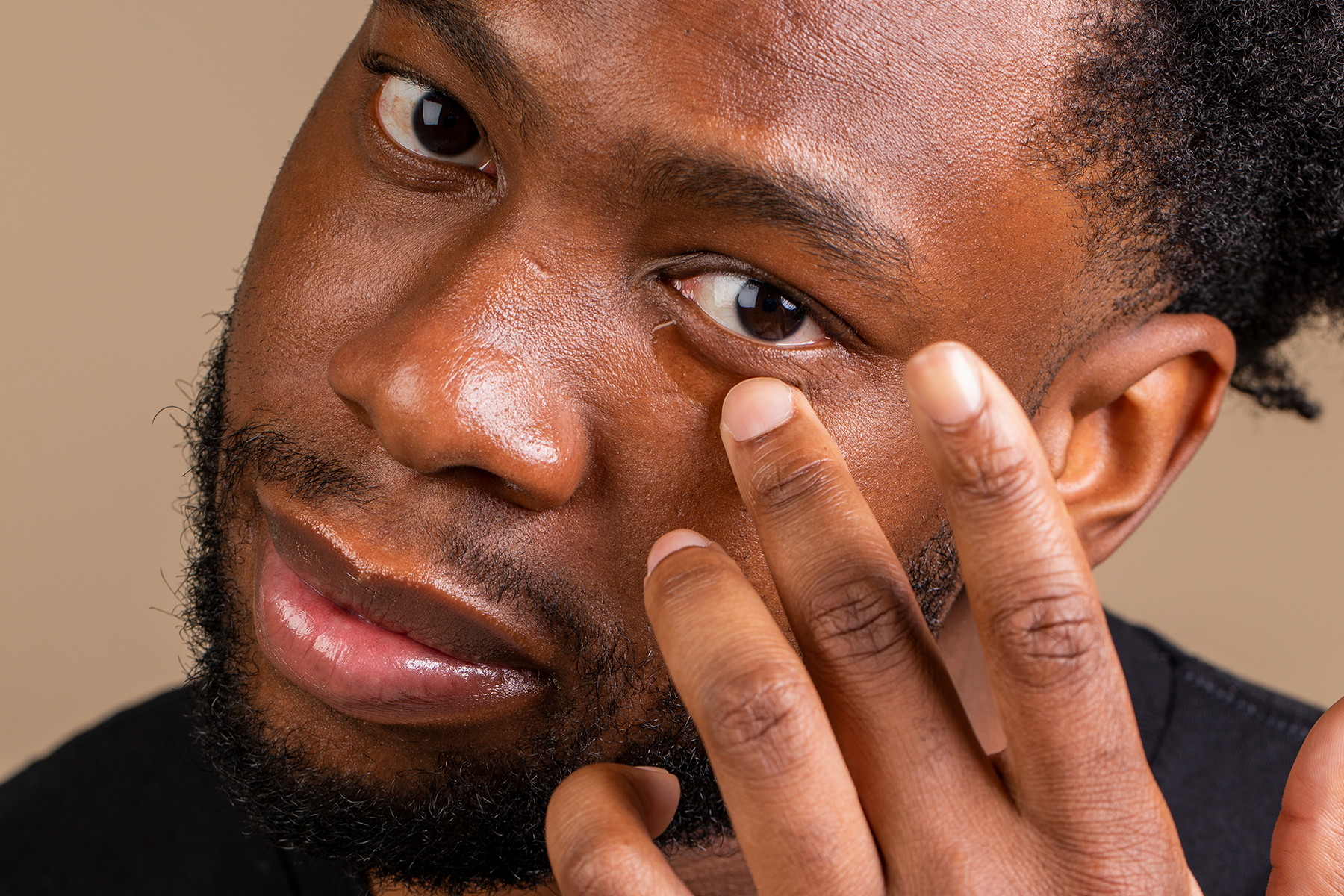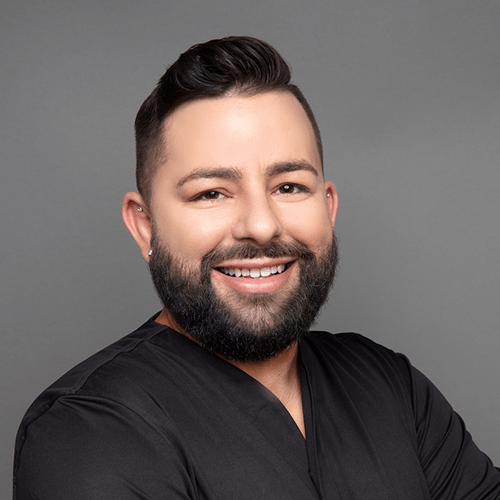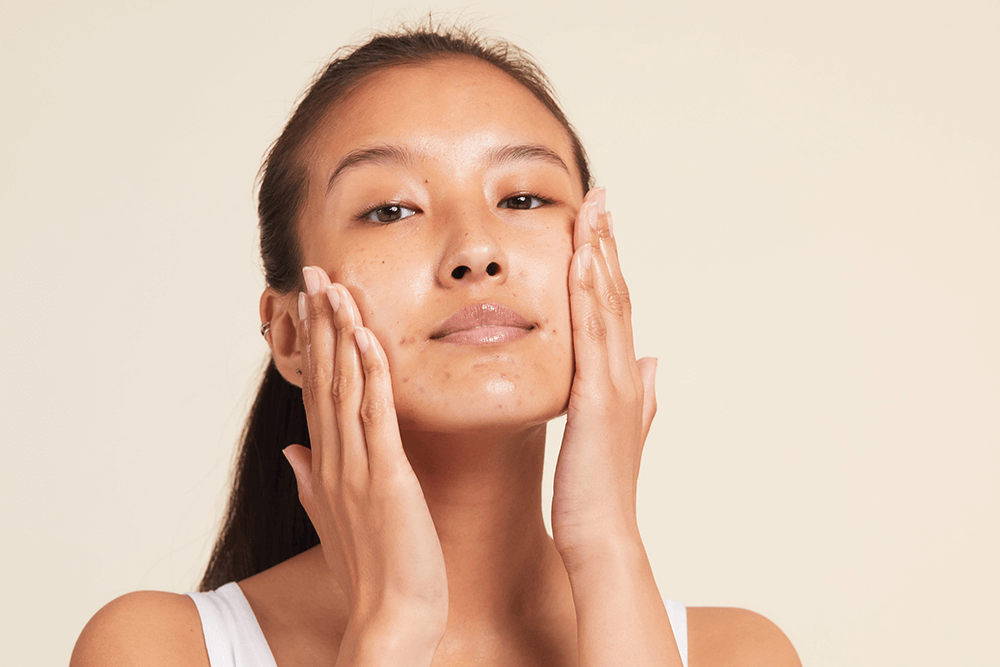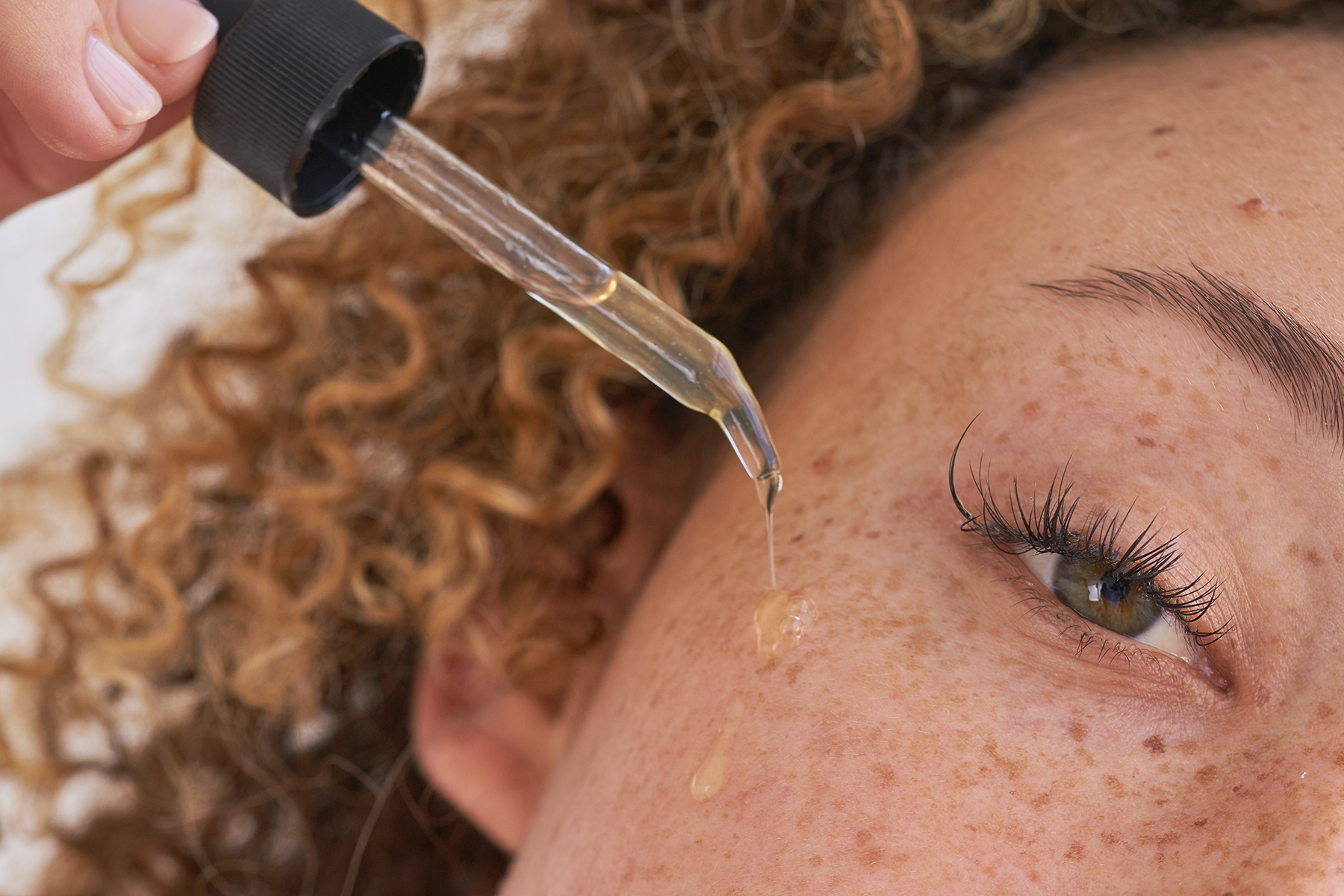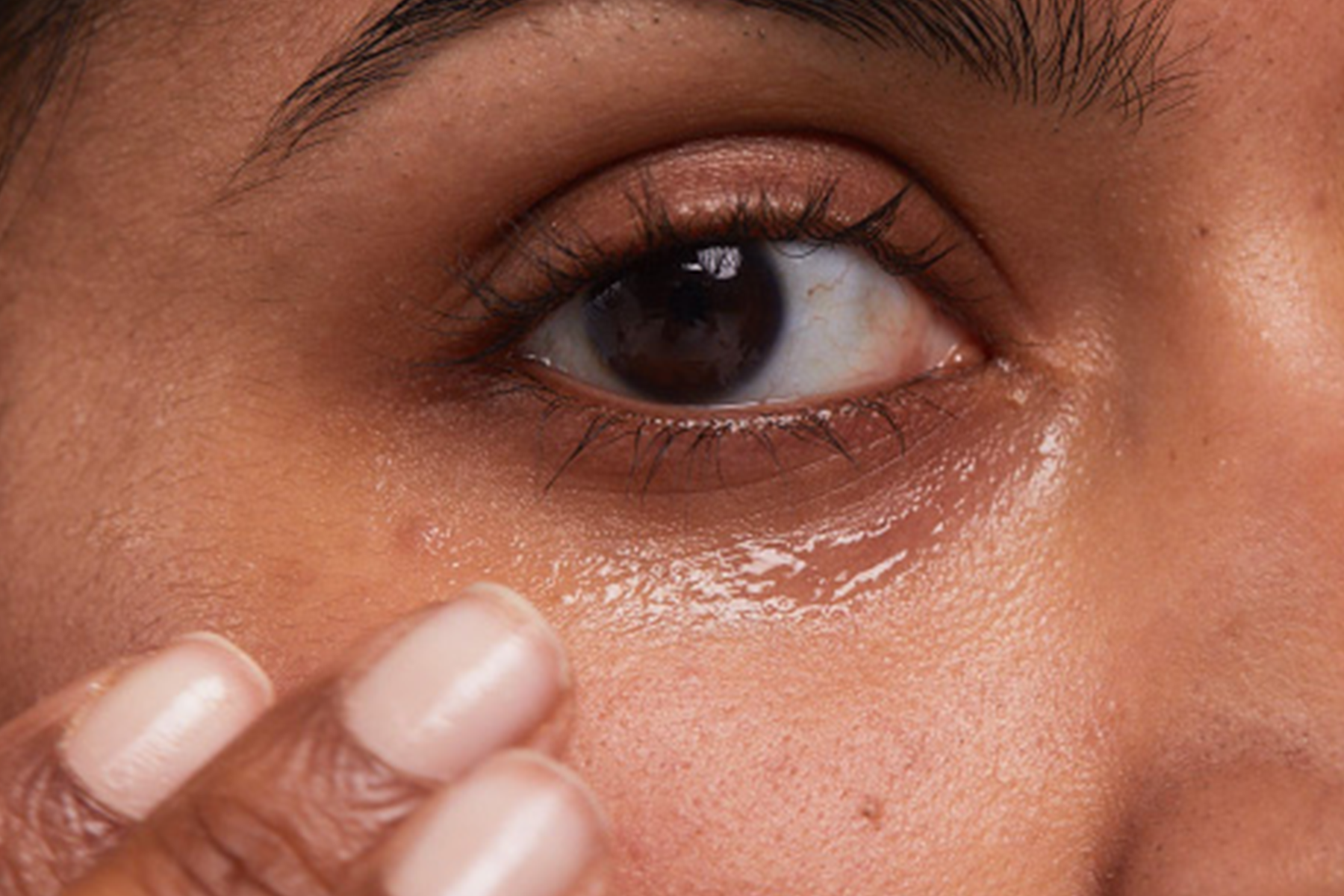The+Source
It may seem like most skin-care products are gender-specific. This one’s for women, that one’s for male skin. But is there really a difference? Does it actually matter what gender the product says on the label?
Not really.
Ultimately, human skin is human skin. Skin types vary from person to person, but it is not dependent on gender. Everything comes down to the ingredients and how they affect your skin specifically. We’ll say it louder for the people in the back: your skin type — not your gender — is what matters most when you’re choosing skin-care products.
All that being said, there are a few generalizations that you can make about male skin – although they don’t apply to everyone.
Men typically have thicker (25% thicker than female’s skin on average) and more oily skin with more receptors for androgens (the male hormone) than female skin. Male skin is generally more resistant to aging. Of course, it depends on the individual.
Overall, all skin types can benefit from incorporating retinol into their routines.
Let's discuss some of the basic principles of retinol and understand why it is just as good for men as for women.
Why do men need retinol?
Dermatologists and anyone familiar with skincare know that almost everyone can benefit from retinol for a number of different skin concerns. But how does retinol benefit men in particular?
Men Tend To Have Oily Skin
Because of extra androgen receptors, male skin tends to be on the oily side. When androgens attach to the oil glands in our pores, it changes the consistency and quantity of oil. This means guys are more prone to breakouts and congested skin. Retinol stimulates cellular turnover and keeps pores’ lining cleared – ultimately prevents breakouts and helps reduce the appearance of pores. Retinol also acts as a sebostatic inhibitor to reduce the over production of blemish-causing sebum, regulating oil chemistry.
Men Are Prone to Ingrown Facial Hairs
For those who choose to shave, you are probably all too familiar with the risk of developing ingrown hairs. These painful, inflamed bumps occur when the shaved hair grows back into the skin. Retinol can help both prevent and treat ingrown hairs by stimulating cellular turnover and preventing any dead skin build up which can make you more susceptible to ingrown hairs. But that’s not all! Retinol also stimulates collagen production which can repair scarring caused by ingrowns.
Tip: if you shave and also want to use a retinol product, shave in the morning and use your retinol product at night to reduce the chance of irritation.
Men Can Develop Hyperpigmentation
Hyperpigmentation (also known as dark spots) is also a problem for many men – especially those who forgo SPF. This study found that only 18% of men regularly use sunscreen on their face or other exposed skin when they go outside on a warm, sunny day for more than an hour. The lack of consistent sunscreen protection among men results in more sun damage, often leading to hyperpigmentation.
Luckily, retinol can fix this too. As you know by now, it stimulates cell turnover, which can help diminish those dark spots. Retinol also inhibits tyrosinase (which controls the production of melanin) which prevents future pigmentation.
We can’t stress the importance of daily sunscreen application enough. SPF is one of the most important steps in your skincare regimen – especially if you are incorporating a retinol into your routine. Retinol breaks down in the sun and can make your skin sensitive to UVA/UVB. Daily application of sunscreen not only protects your retinol investment, but also keeps skin safe and prevents irritation. Dermatologists recommend that you use a broad-spectrum sunscreen with at least SPF 30 for adequate sun protection.
Men’s Skin Ages
Last but not least, men's skin also ages. Sure, the skin is usually thicker, which means signs of aging may appear more slowly. But that doesn’t mean men have some immunity to aging. Retinol is the gold-standard ingredient for aging concerns and both treats and prevents early signs of aging.
How should you use retinol in your routine?
You might feel overwhelmed when you look into retinol products. There are so many on the market that it’s hard to know where to start. You have serums, moisturizers, eye treatments, peels, and more.
Depending on your needs, you might find one of these products more appealing than the others. Or you might want an all-purpose solution. You may need to try out a few to find the ideal product, so don’t get discouraged.
Either way, follow the application directions on the product you choose. If you’re a first-time user or had a less-than-great experience in the past, start slow. You can incorporate a retinol product into your routine once or twice per week and work your way up to every day application (as long as you are not seeing any signs of irritation).
Still concerned about sensitivity? Try looking for products that combine retinol with soothing, anti-inflammatory ingredients.
Should men use retinol?
With benefits ranging from a clear complexion, smoothed fine lines and wrinkles and diminished hyperpigmentation, it is no surprise that retinol is a favorite ingredient among dermatologists and skincare experts. Nearly everyone can benefit from adding retinol into their routine.
The most important takeaway is to shop for your skin type, not by your gender.
